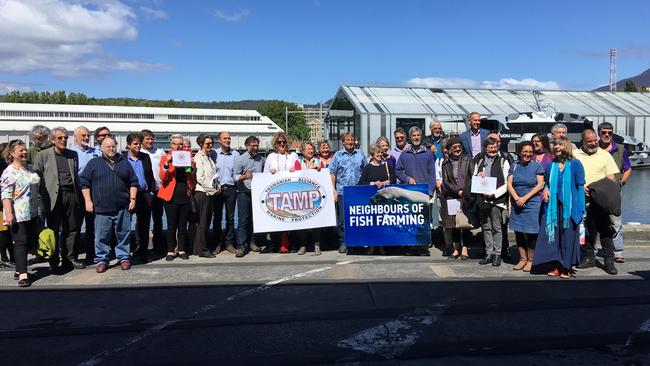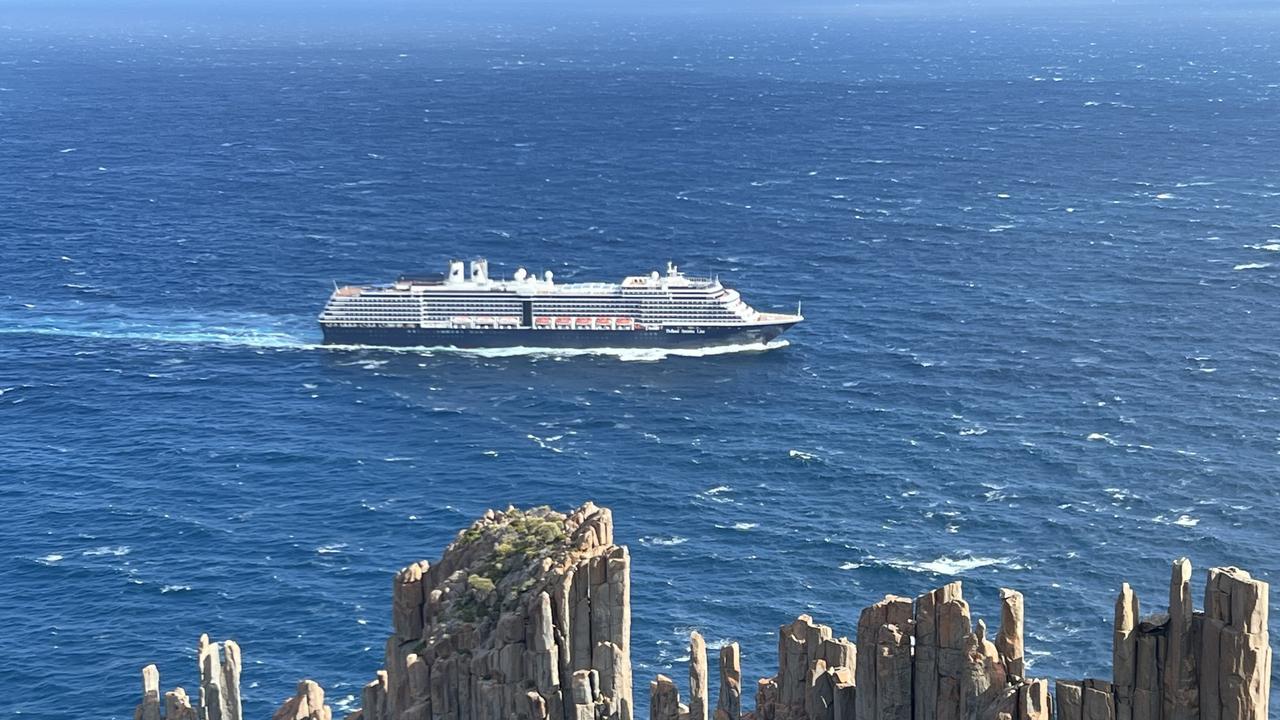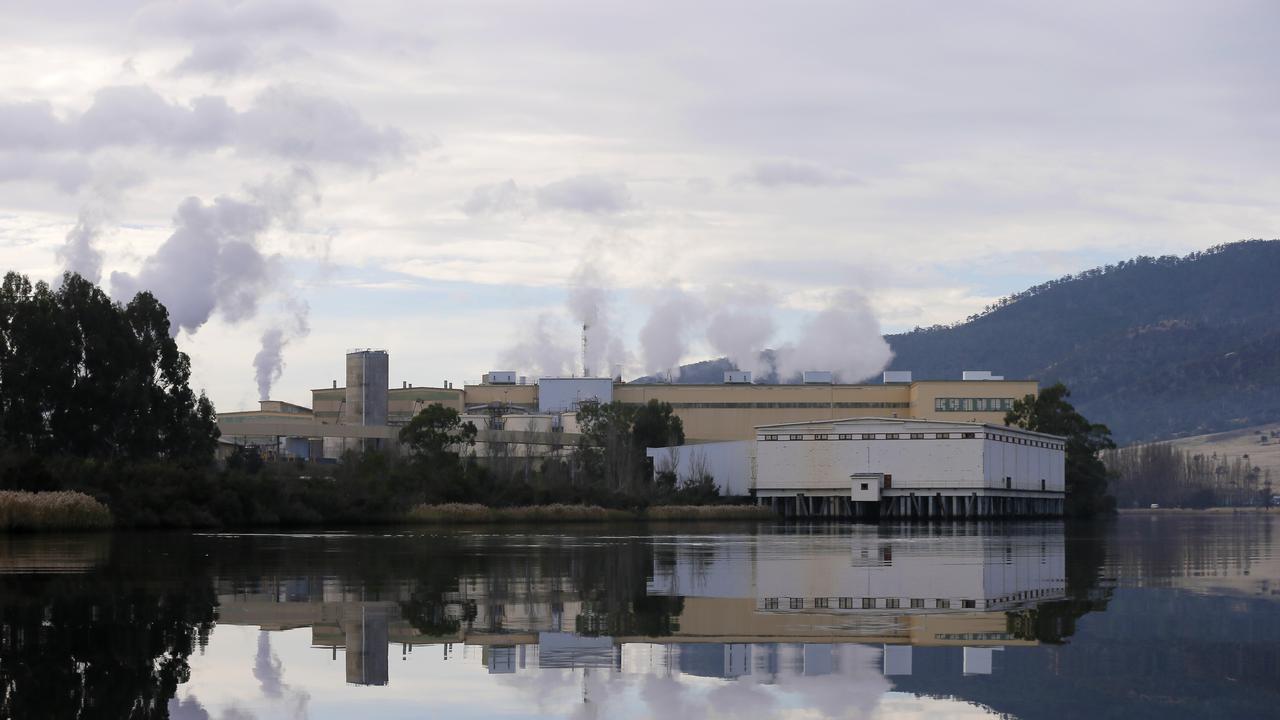Tasmanian Alliance for Marine Protection issues five demands on industrial fish farming
AN alliance of groups concerned about expansion in the aquaculture industry has released a series of demands that would stymie growth of industrial fish farms until their impacts are better understood.

Business
Don't miss out on the headlines from Business. Followed categories will be added to My News.
AN alliance of 11 groups and six associates has released a series of demands that would stymie further expansion of Tasmania’s industrial fish farms until their impacts are better understood.
The Tasmanian Alliance for Marine Protection was formed after six months of meetings between organisations including RecFish Tasmania, Bruny Sustainable Aquaculture and South East Marine protection, as well as representatives from the abalone, crayfish and fishing charter industries.
The group’s demands, released on Tuesday, were five-fold:
AN IMMEDIATE moratorium on any further expansion of fish farming leases and the reopening of existing leases in coastal waters until the impacts on existing wild fisheries are known;
THAT ALL marine farming be considered under an updated Land Use and Approvals Act;
THAT THE Marine Farming Review Panel include a community representative and marine scientist;
THAT THE government establish fish farming compliance officers; and
THAT PENALTIES for lost equipment, fish and materials be enforced.
Alliance chairman Mark Bishop said the group aimed to be a united voice for those concerned about the expansion of salmon and trout farming around the state’s coastline.
“We are not against salmon farming, we are against inappropriate salmon farming,” he said.
Sailor Sheenagh Neil told a Hobart audience she knew of three major incidents suffered by sailors that were related to fish farms.
“There is growing concern that lives will be lost because of their debris,” she said.
Acting Primary Industries Minister Will Hodgman dismissed the Alliance’s orders.
“The TAMP demands fail to recognise improvements the Tasmanian Government has already implemented, including transferring responsibility for environmental regulation and management to the independent Environmental Protection Authority, strengthened regulations and increased penalties, and taken a zero tolerance approach to marine debris,” Mr Hodgman said.
The Opposition was contacted for comment.


